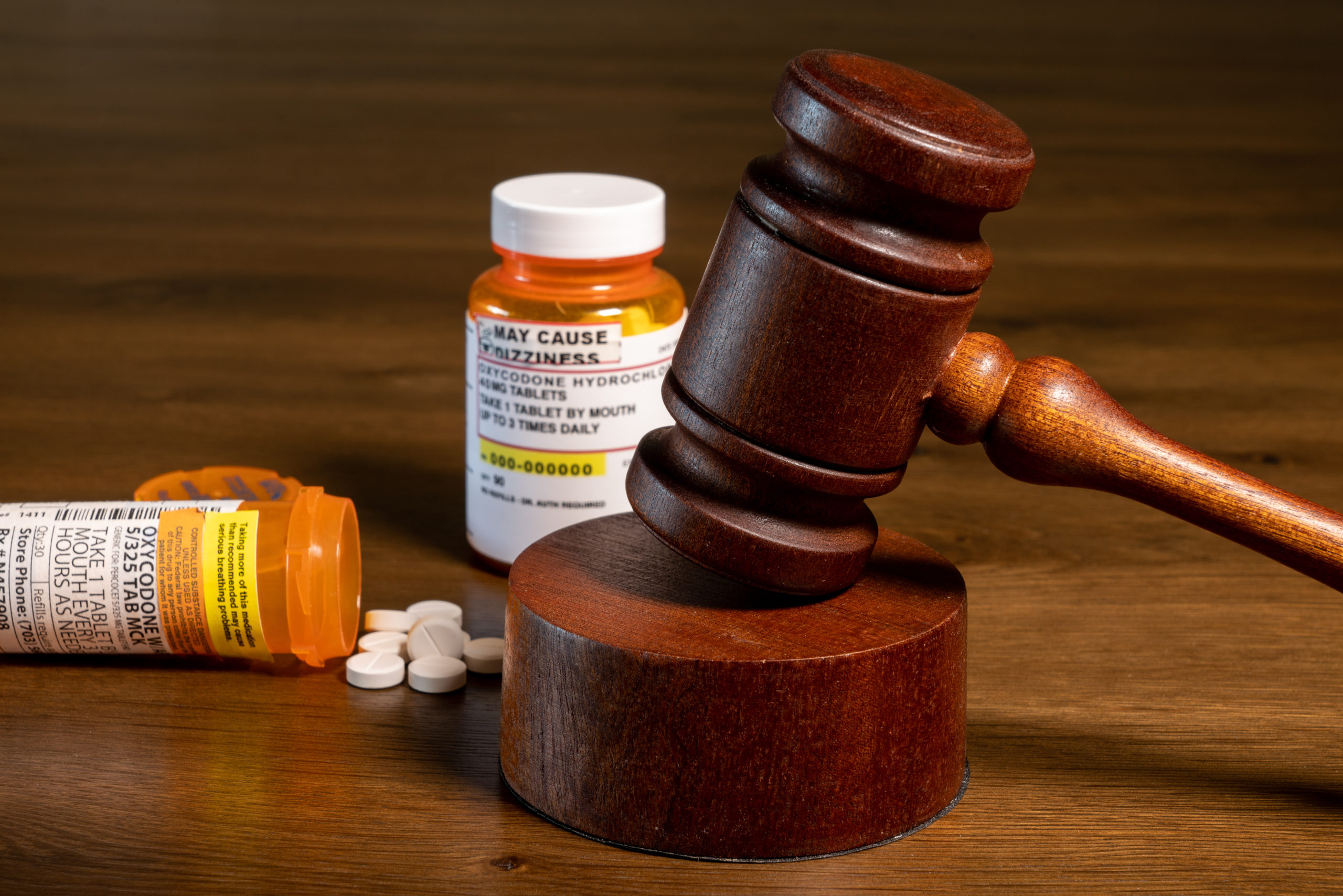Navigate the Trulicity Lawsuit Terrain: Insights and Updates
Wiki Article
Recognizing Your Legal Rights in a Dangerous Medication Claim
In the world of drugs, browsing the intricacies of an unsafe drug claim can be daunting. As individuals become significantly conscious of the prospective dangers connected with specific medications, comprehending their legal rights comes to be paramount (Trulicity Lawsuit). From identifying the legal basis for filing a lawsuit to weighing the alternatives in between a class action and a specific case, there are critical factors to consider to be made. The complexities of looking for countervailing damages and the importance of adhering to the law of constraints add layers of intricacy to the process. With the assistance of legal guidance, individuals can begin on a journey to assert their civil liberties and seek justice in the face of injury triggered by hazardous drugs.Legal Basis for Legal Actions
Exploring the legal premises for pursuing a dangerous medication lawsuit needs a comprehensive understanding of appropriate laws and criteria. When thinking about lawful activity versus a pharmaceutical firm for a hazardous medicine, one need to develop that the drug concerned posed unreasonable dangers that were not sufficiently disclosed to consumers. This normally involves demonstrating that the drug maker fell short to warn about understood risks, misstated the medicine's safety and security or efficiency, or engaged in deceptive advertising practices.To succeed in a hazardous medication legal action, complainants frequently count on legal theories such as oversight, rigorous responsibility, or violation of service warranty. Negligence claims suggest that the producer did not exercise practical care in ensuring the security of the medicine. Stringent obligation holds the supplier responsible for any type of defects in the item, no matter intent or oversight. Violation of service warranty insurance claims assert that the manufacturer failed to promote pledges or assurances regarding the drug's safety and security or performance.
Kinds of Compensatory Damages
Compensatory damages in a harmful medicine suit include economic restitution awarded to plaintiffs to make up for losses sustained due to the harm triggered by the medication. These damages are made to make the victim whole again, both economically and non-economically. There are two major types of countervailing damages that might be granted in a hazardous medication lawsuit: economic problems and non-economic damages.
Both financial and non-economic offsetting problems play an important duty in making certain that people hurt by dangerous medications get suitable settlement for their losses.
Statute of Limitations

find this Missing the statute of restrictions due date can have severe effects, as it may lead to the situation being disregarded by the court. When the statute of restrictions has actually run out, the complainant may lose the right to look for legal recourse against the party in charge of the harm triggered by the harmful medication. Consequently, it is important for people taking into consideration a dangerous medicine legal action to talk to a certified lawyer immediately to recognize and comply with the appropriate statute of constraints in their situation.
Course Action Vs. Person Suits
Provided the differing law of constraints in harmful medication legal actions, people should meticulously evaluate the decision in between pursuing a class action or a private claim. Class action legal actions entail a team of complainants jointly taking legal action against an offender, typically a pharmaceutical firm, for the very same concern - in this instance, damage triggered by a harmful drug.On the other hand, individual legal actions use more freedom and control to the complainant. By seeking a specific legal action, an individual can customize the lawful strategy to their details situation, potentially resulting in a more positive and personalized end result. Private claims can be much more taxing, expensive, and might result in reduced compensation contrasted to an effective class activity claim. Ultimately, the choice between a class activity and an individual lawsuit should be based on the individual's conditions, desired degree of involvement, and the legal suggestions received.
Looking For Legal Advice
In browsing the intricacies of a dangerous drug suit, protecting skilled lawful guidance is critical for making sure a solid and enlightened legal technique. When seeking legal counsel for an unsafe drug lawsuit, it is important to check out this site find a legislation company or lawyer with experience in pharmaceutical lawsuits. These situations commonly entail detailed clinical and scientific information, needing a legal representative who comprehends both the legal facets and the clinical nuances involved in such lawsuits.Specialist lawful guidance can assist people recognize their legal rights, evaluate the strength of their situation, and navigate the intricate legal treatments connected with hazardous drug legal actions. In addition, a competent lawyer can supply support on whether to pursue a specific suit or join a class-action claim, based on the details circumstances of the case.
Furthermore, legal guidance can aid in gathering proof, preparing legal records, working out with pharmaceutical firms or their legal reps, and representing clients in court if the instance goes to test. By getting the support of educated attorneys, individuals can boost their chances of accomplishing a desirable outcome in a harmful medicine lawsuit.

Final Thought
Finally, understanding your lawful rights in a harmful medication legal action is essential in looking for compensation for any harm created. Recognizing the legal basis for suits, kinds of compensatory problems available, law of constraints, and the difference between course action and private suits can assist people browse the legal process properly. Looking for legal guidance is important in ensuring your rights are protected and supporting for the compensation you should have.Compensatory problems in an unsafe medication lawsuit include economic restitution granted to plaintiffs to make up for losses sustained due to the damage caused by the medication.The statute of constraints in a hazardous drug claim establishes the timeframe within which a plaintiff must file a lawful claim versus the responsible event for the damage created by the medication.Given the differing statute of constraints in unsafe medication lawsuits, people need to carefully weigh the choice in between going after a course action or a specific claim. Specific claims can be more lengthy, pricey, and might result in reduced compensation compared to an effective class action legal action. Understanding the legal basis for claims, types of offsetting damages offered, law of limitations, and more helpful hints the distinction in between class action and specific legal actions can help people browse the lawful procedure efficiently.
Report this wiki page